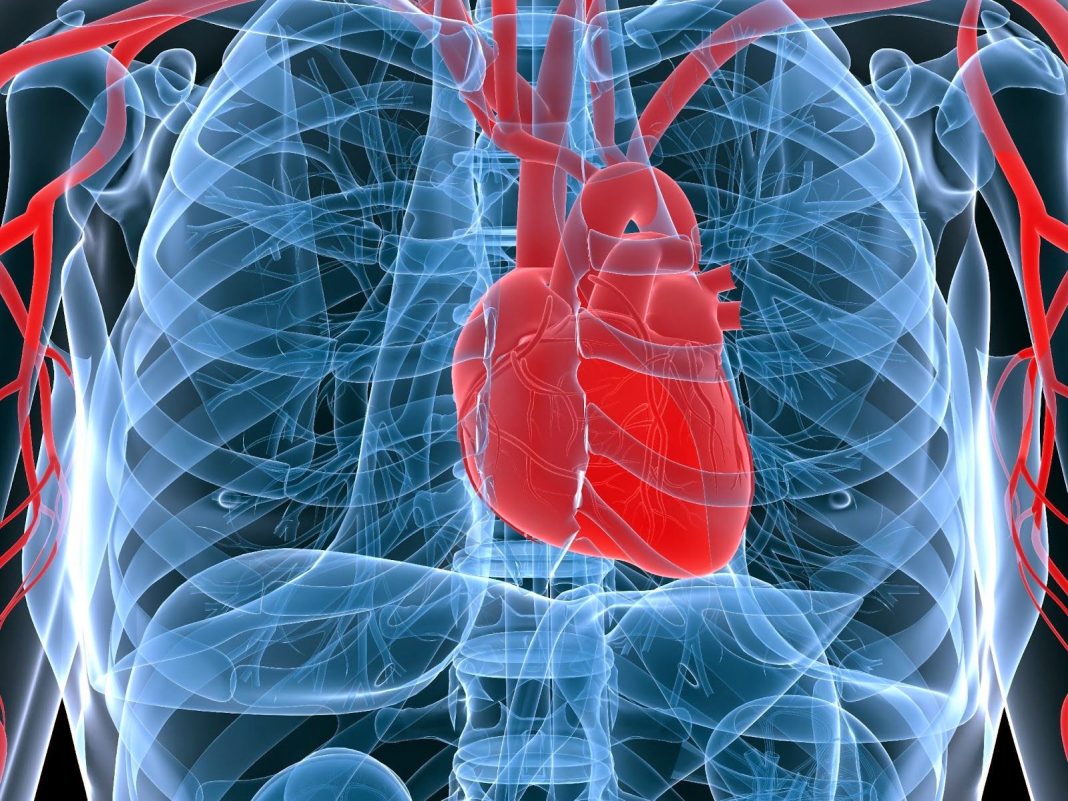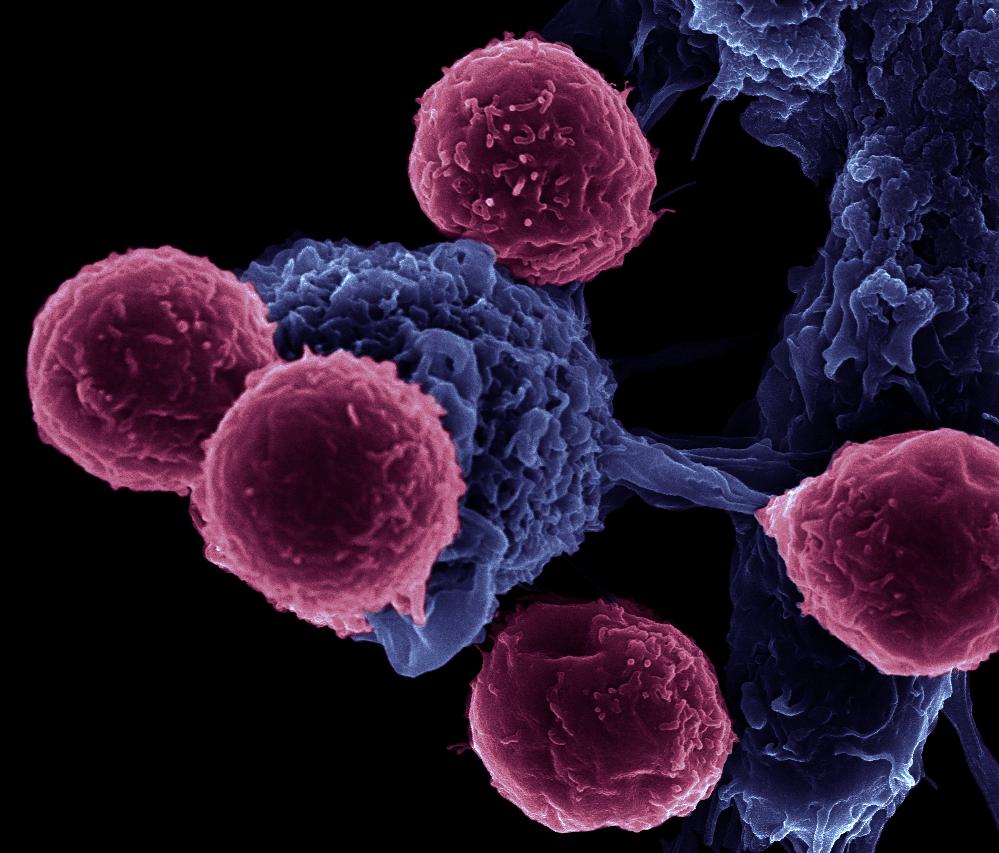Heart attacks are very hard to predict, which is a massive problem considering how many people are affected by them each year. However, scientists have just discovered that self-teaching computers are able to predict heart attacks at a better rate than doctors and could be used o save millions of lives each year.
Elsie Ross is a vascular surgeon at Stanford University in Palo Alto, California, and she says, “I can’t stress how important it is and how much I really hope that doctors start to embrace the use of artificial intelligence to assist us in the care of patients.” So many people suffer from fatal heart attacks every year and it’s clear that something needs to be done. Many doctors use guidelines similar to the American College of Cardiology / American Heart Association (ACC/AHA) in which to predict heart attacks, but often that’s too generic and doesn’t take into account any medications the patient may be of their lifestyle choices or another disease they may have. All of which can have a significant effect on the patient’s diagnosis.
During a new study, Stephen Weng, epidemiologist at the University of Nottingham in the United Kingdom, and colleagues compared four machine learning algorithms (random forest, gradient boosting, neural networks, and logistic regression) to the ACC/AHA guidelines. The first thing the AI had to do was train itself by searching through nearly 300,000 medical records to find patterns associated with cardiovascular events. The AI used data from 2005 to predict which patients would suffer their first cardiovascular event within the next decade, then compared its answers to the 2015 records.
Each of the four AI methods performed better than the ACC/AHA guidelines by a significant amount, with the best one being neural networks. It correctly predicted 7.6% more events than the guidelines and raised 1.6% less false alarms. Now transform that into patient survival statistics, and that could have been 355 additional lives saved. Several factors the machine-learning algorithms picked up as being the strongest predictors don’t appear anywhere in the ACC/AHA guidelines, including taking oral corticosteroids and mental illness. On the flip side, none of the algorithms recognized diabetes to be a factor, whereas this one is one on the guidelines list. Hopefully, in the near future, we’ll be seeing more AI working alongside physicians allowing better treatment for all.
Related Links;
- Self-taught artificial intelligence beats doctors at predicting heart attacks / ScienceMag
- Can machine-learning improve cardiovascular risk prediction using routine clinical data? / journals.plos
More News to Read











